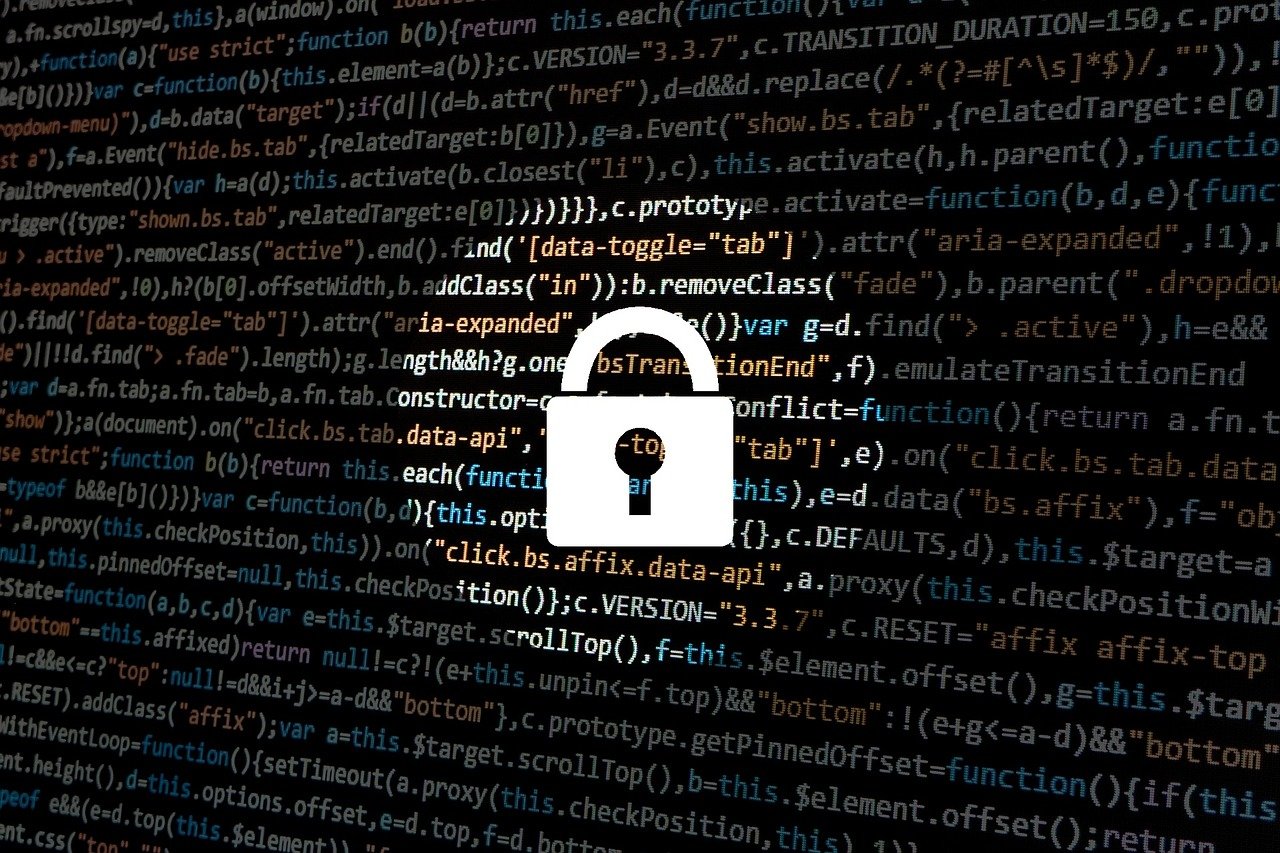5 Cyber Attacks You Should Be Aware of in 2022

Cyber attacks are happening more often. When these attacks happen, there is a lot of talk about them. The press will report on the damage, the organization's details, and what needs to be done to stop this type of attack from happening again in the future.
People seem to forget that you are not only at risk when some malicious code or virus attacks your computer. Many cyber-attacks do more than harming your data; they can actually hurt you physically as well. This article lists five types of attacks you should know about so you are prepared for them if they ever happen to you or someone you care about.
Phishing Attacks
Phishing attacks are one of the most common types of cyber-attacks and can happen anywhere and anytime. If you receive any email stating that something is wrong with your account, including suspicious links and attachments, do not open them. The links or attachments will be tied to a virus or other type of malicious software that could harm your computer or steal your sensitive credentials.
How to Prevent being Phished?
Think before you click! If you are not expecting any emails to come from your bank, credit card company, or any type of sensitive information provider, it is best to be careful each time you receive an email. Never open attachments coming from unknown sources, and do not follow links provided in the body of an email unless you are confident they are legitimate.
Spyware Attacks
According to MalwareBytes, "Spyware is software that collects personal information about a user without his or her knowledge." Spyware can track everything that happens on your computer, including emails sent and received, websites visited, and other activities done online. This could lead criminals to steal your identity, intercept your personal and private information or even find out more about you without your consent.
How to Prevent Spyware Attacks?
There are many free tools available that offer spyware protection for both computers and mobile devices. However, sometimes there is no substitute for common sense. If a new piece of software asks if it can change your browser's home page or install itself on every device connected to the computer, think twice before accepting these requests. It might be a case of spyware trying to hijack your system!
Network Attacks
Network attacks have become extremely common in recent years because they can affect hundreds or even thousands of computers simultaneously with just one click made by a hacker from another part of the world.
How to Prevent Network Attacks?
Some network attacks can be stopped by regularly updating your computer's operating system, using a good antivirus tool, and keeping all applications up to date. However, there is no way to prevent these types of attacks from happening if you are connected to a public Wi-Fi hotspot at an airport, café, hotel, or other places where strangers have access to the same network as you do. In this case, it is best not to use payment methods that store sensitive information on your device when checking out in stores or browsing websites with any type of financial information.
Sniffing Attacks
The goal of sniffing attacks is to extract passwords and sensitive information from your device's network connection. These types of attacks can happen anywhere, including in places where you feel safe such as your home or office.
How to Prevent Sniffing Attacks?
Depending on the circumstances, there are several ways you can prevent a sniffing attack. For example, if you are checking your emails over a network with other people, it is best to use an encrypted connection such as SSL when sending and receiving messages. Instead of using unsecured wireless networks at places like airports and coffee shops, try tethering or using USB connections directly to devices that need Internet access.
Ransomware Attacks
These cyber-attacks have become extremely popular among criminals over the last few years because they can generate them much faster than before and efficiently extort money from victims who might not even realize they are being targeted.
How to Prevent Ransomware Attacks?
All the cyber-security tools available right now can help provide some level of protection against ransomware attacks, but this does not mean you should rely only on them. For example, suppose your computer is still running on Windows XP. In that case, it is best to change the operating system as soon as possible because the company no longer supports this version of Microsoft's flagship software. Moreover, it only takes one click for a ransomware attack to begin, so you should avoid opening email messages and attachments sent from unknown sources completely, especially if they contain executable files (.exe).
Conclusion
As you can see, there are many ways criminals use technology to access your personal information or extort money from you without your knowledge. This is why it is essential for you to take precautions and make sure that the PC you use every day has all of these cyber-security tools installed. If not, download one of them right now.
(Devdiscourse's journalists were not involved in the production of this article. The facts and opinions appearing in the article do not reflect the views of Devdiscourse and Devdiscourse does not claim any responsibility for the same.)










